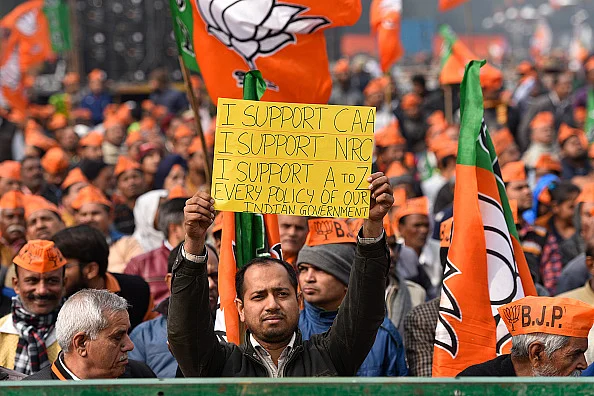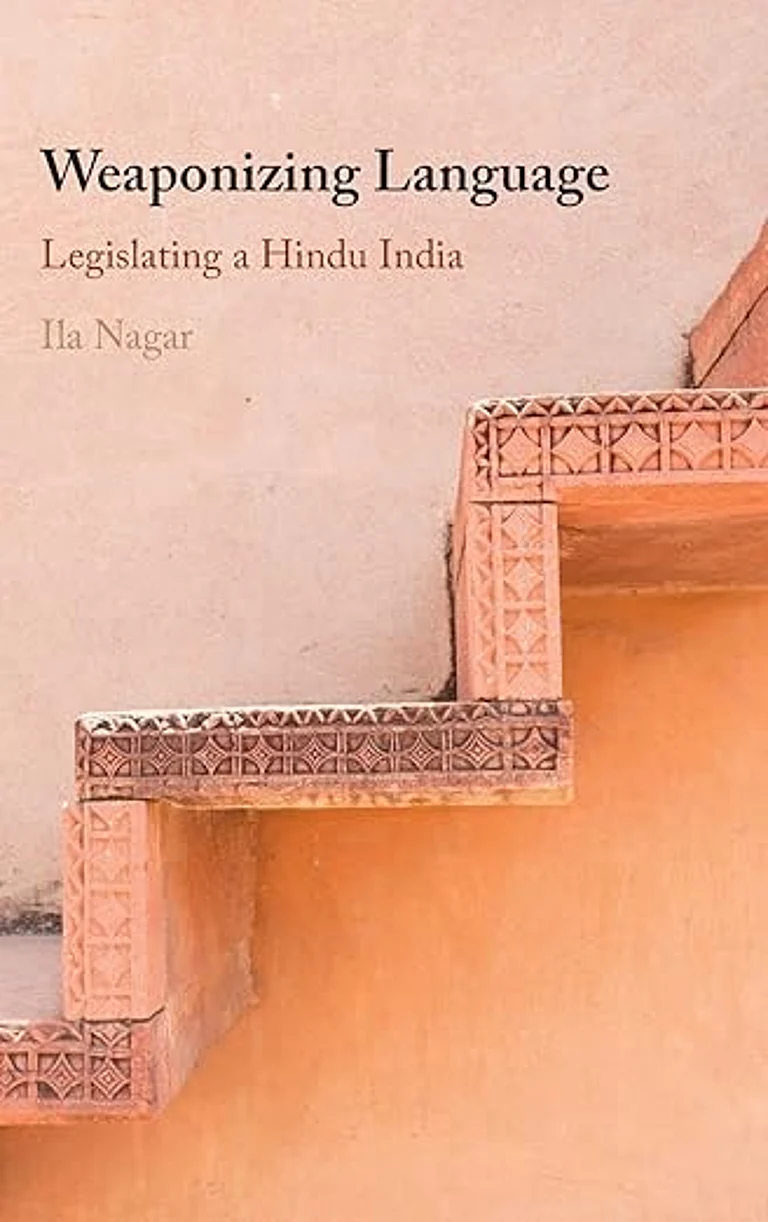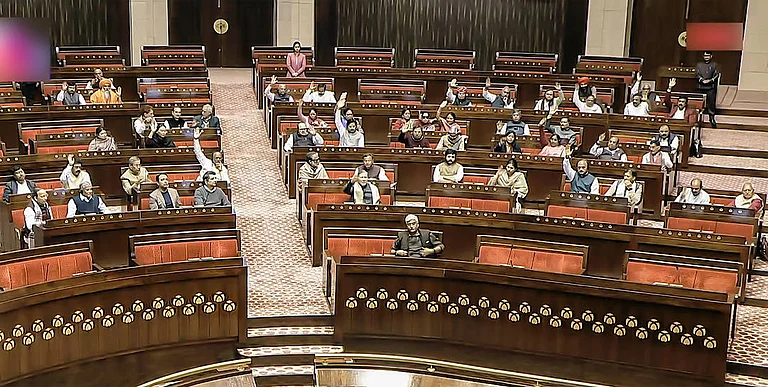“The Citizenship Amendment Act (CAA) will be implemented very soon. It will be implemented within seven days. This is my guarantee,” proclaimed Union Minister of State for Shipping, Santanu Thakur while addressing a rally at South 24 Paraganas district on January 28. He is also a BJP MP from Bongaon.
While days later Thakur clarified that his statement was a ‘slip of tongue’, he is not the only minister who has brought up CAA –first introduced in 2019 and has been put on the back burner since then– recently.
The law facilitates the early grant of Indian citizenship to “Hindu, Sikh, Buddhist, Jain, Parsi or Christian community from Afghanistan, Bangladesh or Pakistan, who entered into India on or before the 31st day of December, 2014”. The three selected countries are all Muslim-majority countries in South Asia and Muslims are the only community excluded by the law – who would then effectively be denied from seeking Indian citizenship.
With Lok Sabha elections nearing, the Narendra Modi-led BJP government has been racing to fulfil some of its fundamental ideological objectives. After the abrogation of Article 370 in Jammu and Kashmir, construction of Ram Mandir in Ayodhya, and the passage of Uniform Civil Code bill in Uttarakhand on Wednesday, the CAA could be next in line for the BJP.
According to a report by The Indian Express, the rules under CAA are ready and will likely be implemented before the 2024 elections. The CAA has been seen as a discriminatory and exclusionary legislation targeting Muslims and hence, invited large-scale protests across the country when it was first introduced in 2019.
While the Modi government reasoned that the law addresses minority communities escaping the majoritarian religious persecution in these countries, activists and experts have pointed out that the legislation falls short of addressing sectarian violence among the sub-continent’s Muslims in countries like Pakistan and Afghanistan, where Muslim minority sects of Shias, Hazaras, and Ahmedias have faced persecution.
Over the course of four years, since CAA was first introduced, Outlook has reported on how the legislation has been met with resistance from human rights activists, students from across the country, Muslim women and other sections of society. Shaheen Bagh in Delhi became a platform for dissent, for protest, for condolence, and for solidarity, where Muslim women –who are often seen as marginalised– led and managed the whole anti-CAA movement.
The police crackdown that was witnessed during the anti-CAA protests saw students being attacked with rods, thrashed and beaten inside their college libraries, for protesting against the proposed law. Four years later, these student activists still face legal cases against them while Delhi police failed to apprehend the actual perpetrators behind those infamous masked faces.
With the rules expected to be notified soon, activists say that a movement like the one in 2019 will be difficult to mobilise now because they fear their lives.


























